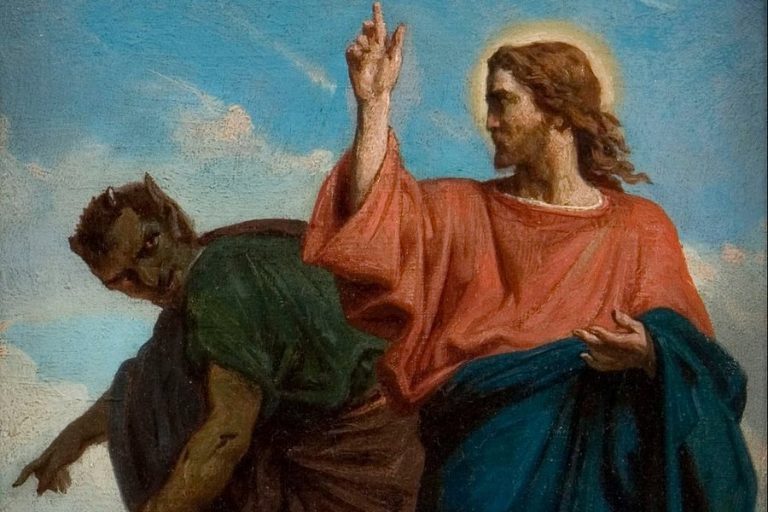The Power and Beauty of Reverence
Starting Out Right I often tell my boys that getting into the right mindset in the morning is crucial for a successful day at school, home, and activities. It starts with a good night’s sleep, eating a healthy breakfast, making sure their uniforms are in good shape and are worn neatly, etc. Starting the day […]
The Power and Beauty of Reverence Read More »





